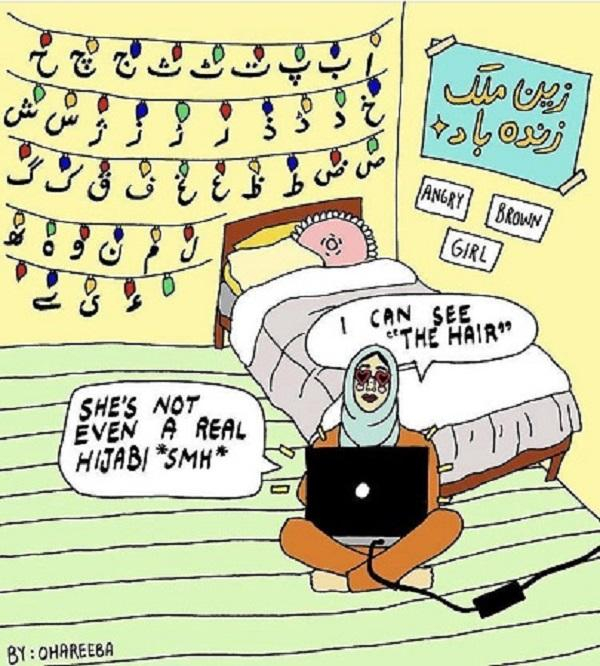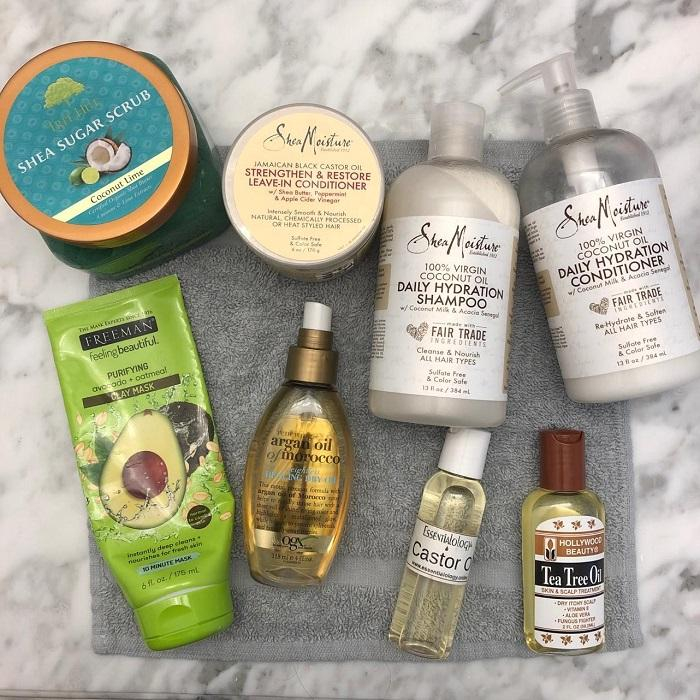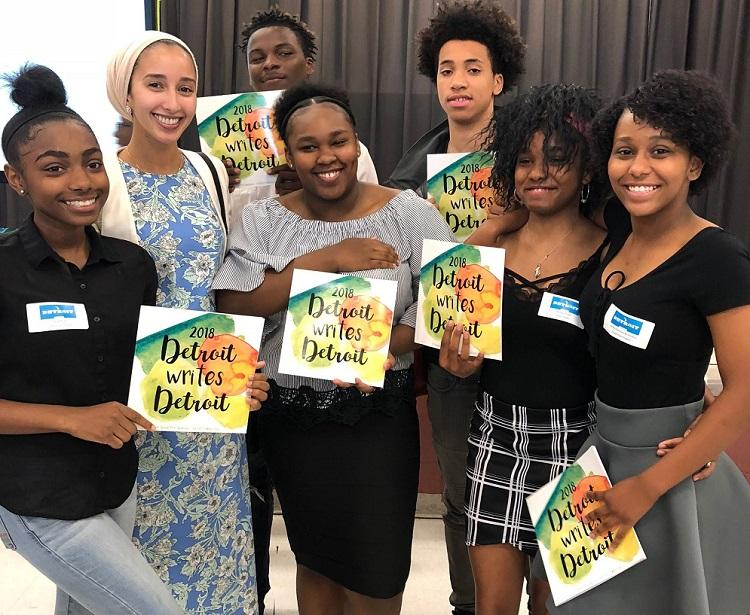5 Ways to Self-Care in an Islamophobic Society
Lifestyle
|
Mar 7, 2019
|
5 MIN READ

By Bayan Founas
Three years ago in February, our “three winners” – Deah Barakat, Yusor Abu-Salha and Razan Abu-Salha – were shot and killed in their own home under the framework of white nationalism. Sadly, this tragic incident was just the beginning of more to come that year.
During the 2016 presidential elections, we saw and heard many verbal and physical attacks against Muslims in the U.S. and Canada, particularly after the 2015 San Bernardino attacks, leading now President Donald Trump to call for a complete ban on Muslims entering the U.S. We saw this in several European countries as well after the 2015 Paris attacks.
What was alarming was that the rate of attacks against Muslims surpassed the timeframe right after 9/11. The Council on American-Islamic Relations recorded 2,599 anti-Muslim bias incidents in 2017. (We must also consider unreported incidents as well, because I know I’ve never reported any that I’ve been a victim of.) More recently, “For the second quarter of 2018, from April 1 through June 30, CAIR received 1006 reports of potential bias incidents.”

Our TV, phone, and computer screens were flooded in 2015 (in the lead-up to the 2016 presidential election) with depressing news of violence against Muslims, especially women in hijab, who are most visibly Muslim. Add to that this 2017 Pew study, which found that more Muslim women than men believe that Muslims face challenges.
In a Vice article Sirin Kale wrote, “Increasingly, Muslim women are bearing the brunt of the hate. Recent incidents on Muslim women have seen them pushed in front of incoming trains; punched and kicked off buses; and attacked whilst collecting their children from school.”
Constantly hearing about these incidents during and after the election made me spiral into a state of depression and anxiety knowing that my women were hurting for simply donning their faith or that it could happen to me too at any moment. Eventually, I had to find ways to cope and heal in this state of Islamophobia. Finding what could consistently to help me from spiraling was the key. And with that in mind, here are five things you can do to help cope and engage in self-care in an Islamophobic society.
1. Unplug from News and Social Media

Although it’s important to stay updated with what’s going on in the world, don’t feel obligated to always check your news and social feeds in fear of missing out. After seeing constant Islamophobic rhetoric and attacks on Muslims on my phone, I had to take a break from reading the news because it was mentally draining. It’s okay to step back from the toxicity to protect your own mental well-being. One way to do this is by deleting your social and news account temporarily until you feel you are mentally ready to return. Or, you can limit yourself to checking these apps only once a day or every few days.
2. Pamper Yourself
The term “self-care” is bandied around a lot, but there is some real merit to taking some time to pamper yourself. Who says you need to spend $100 at the salon when you can do many things more affordably in the comfort of your own home? I love to dedicate Sundays to my self-care sessions. Start with a face mask that’ll relax your face while clearing it of that weekly buildup of impurities. My favorite is taking a long shower or bath with some soothing background music easing my muscles and anxiety. Oftentimes, we get so caught up in our busy lives that we forget to take time for ourselves. Our bodies were not made to run continuously all day everyday. Not only is it okay, but it’s important to relax so that when we do get back to work, we have the capacity and energy needed to do great things.
3. Read and Write

Joining or starting a group surrounding an activity you enjoy is transformative to your mental health. It boosts your confidence and fosters pleasure in your passion or hobby. I first founded a youth poetry club where I was teaching, and I found myself flourishing alongside my students in a safe space where we could write and share our stories. Years later I started a poetry collective with other poets and found that it was a powerful way for me to heal with like-minded artists. It doesn’t need to be serious or time-consuming. This should be a space where you can enjoy life for what it is, whether it’s poetry, frisbee, comics or whatever.
5. Surround Yourself with Positivity
Do you have a friend who raises feelings of irritation or low self-esteem when they’re around? If so, then they probably are contributing to your negative mental health, and it’s time to let them go. We don’t have time to be patient with those who are toxic or holding us back from pursuing our goals. Surrounding yourself with positive people will lead to greater joy in your life. I learned that it’s okay to let go of unhealthy relationships where I felt unsupported or gossiped about. I’m now cautious and take my time in building lifelong relationships that are supportive, positive and meaningful.
Now, if you find starting these five acts to be overwhelming, that’s okay! It’s about taking your time and finding what works best for you. One takeaway note is to listen to your mind and body. I constantly struggle with this before it’s too late, but I find that it’s the most important act when it comes to taking care of yourself. When I find myself burning out or getting extremely exhausted day after day, I have to step back and remind myself - whoa, I really need to slow down, listen to my body and revert to the five ways I like to self care. In the end, you’re only hurting yourself when you don’t take care of yourself, and only you know what’s best for you.

Subscribe to be the first to know about new product releases, styling ideas and more.
What products are you interested in?

